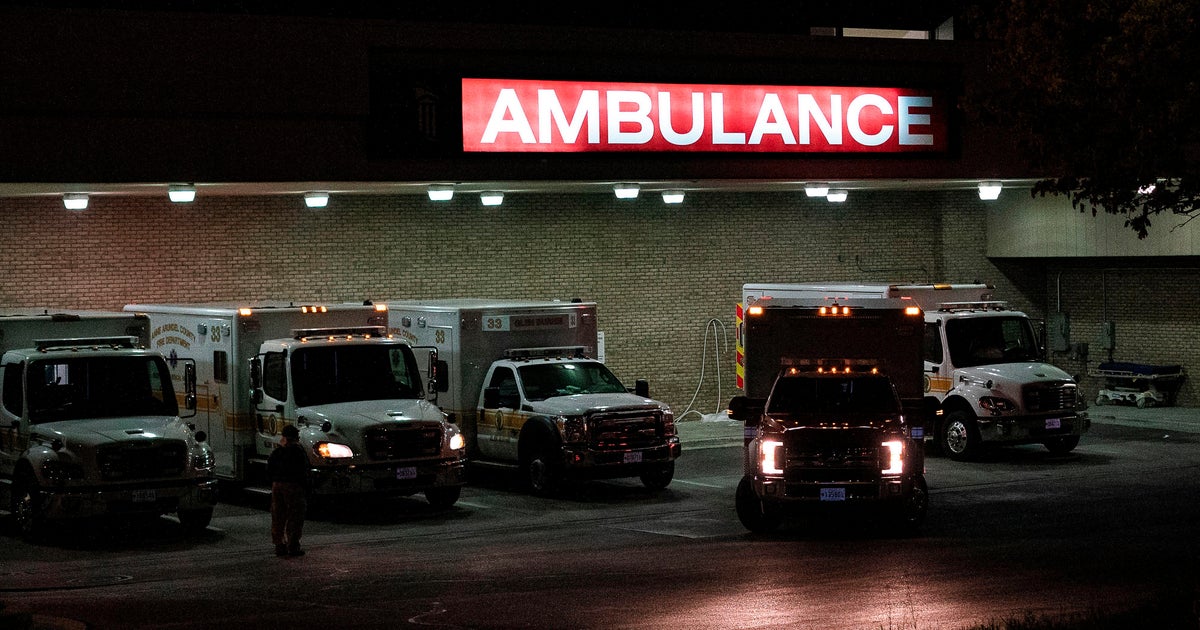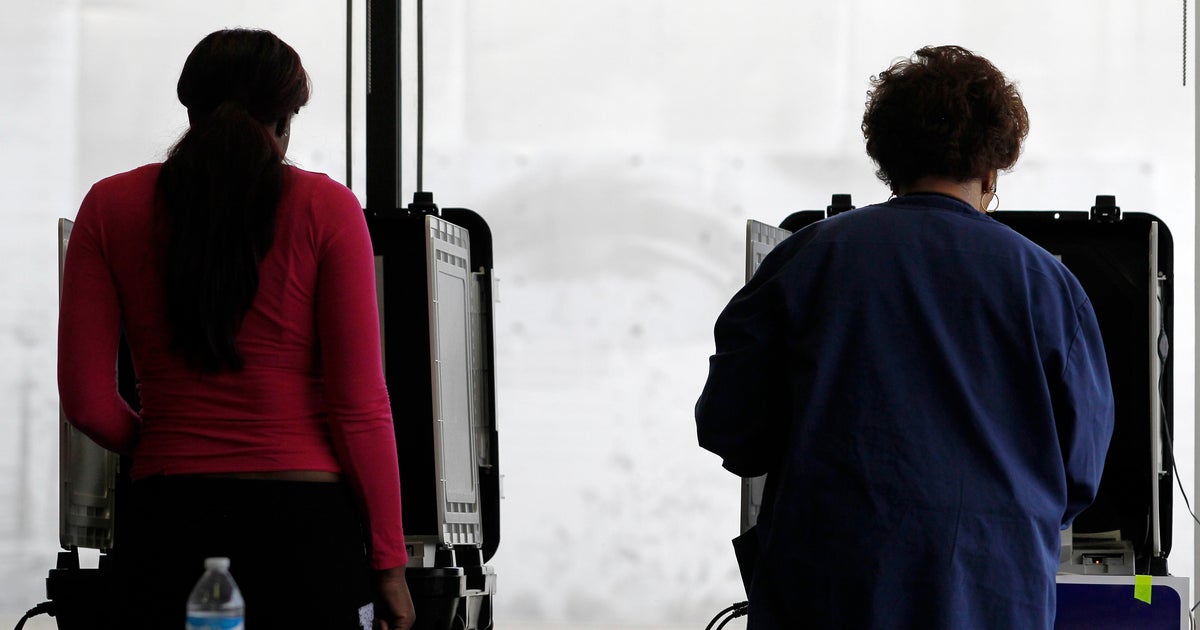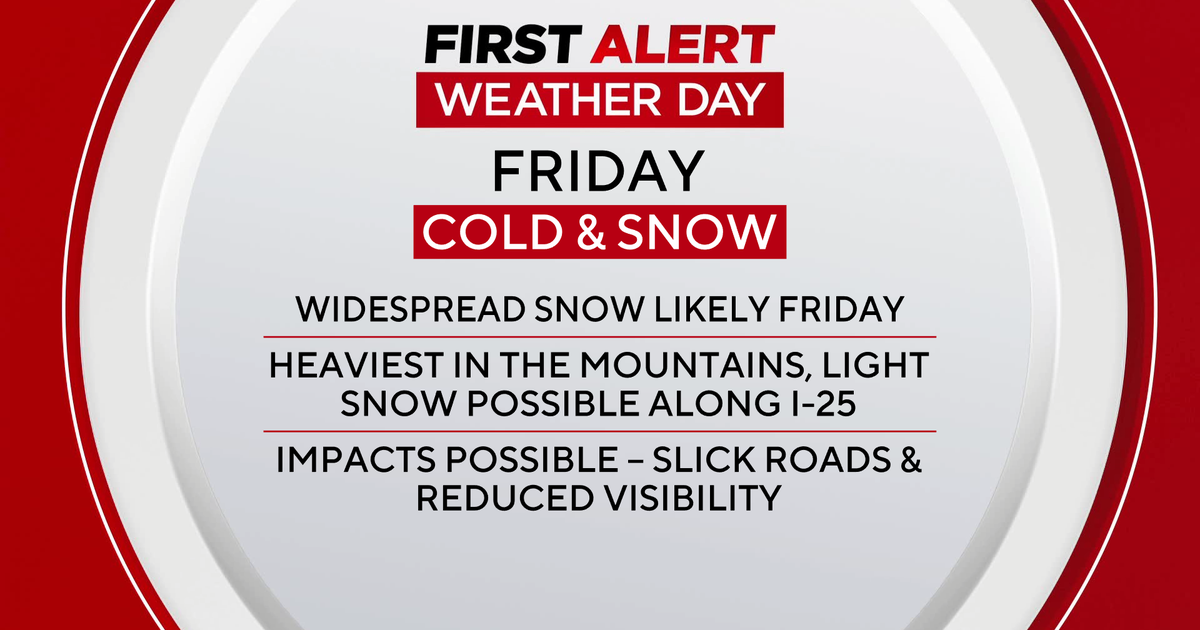New study details heat risks for workers
TALLAHASSEE - After Florida lawmakers this year barred local heat protections for workers, a new study cites "strong and robust evidence that excessive heat increases the frequency of injuries" to workers - with risks particularly in the South.
The Workers Compensation Research Institute last week released the study, which uses workers' compensation insurance claims data and temperature data from 2016 to 2021. The study included data from 24 states in the South, Midwest and Northeast.
In part, it found that the probability of work-related accidents increases by 5 percent to 6 percent when maximum daily temperatures top 90 degrees, compared to days when temperatures are 65 degrees to 70 degrees. It also cited a "clear increase" in numbers of days with temperatures over 90 degrees and 100 degrees over a four-decade period.
"It is apparent that excessive heat has become more frequent, and if these trends continue, the result will be more heat exposure for the workforce," the study said.
The study was released less than a month after Gov. Ron DeSantis signed a bill that includes preventing local governments from requiring heat-exposure protections for workers. The bill, which also will prevent local governments from placing wage requirements on contractors, drew heavy debate during this year's legislative session and was backed by business groups.
The heat-related part of the bill came after the Miami-Dade County Commission last year considered a proposal to require construction and agriculture companies to take steps such as ensuring that workers have access to water and giving them 10-minute breaks in the shade every two hours when the heat index is at least 95 degrees, according to a House staff analysis.
Supporters of the bill said it would prevent a patchwork of regulations and that employers already face requirements to protect workers from heat-related injuries. For example, Associated Industries of Florida said on its website in March that there "are clear standards employers must meet and this bill will prevent another level of regulation in this area and an unlevel regulatory playing field."
But dozens of organizations, such as the Center for Biological Diversity, Earthjustice, the League of Women Voters of Florida, the Farmworker Association of Florida, and the NAACP Florida State Conference, urged DeSantis to veto the bill. One letter, for example, said preempting "local governments' ability to protect workers from climate-caused extreme heat is inhumane and will have enormous negative economic impacts when lost productivity is taken into account."
The non-profit Workers Compensation Research Institute conducts studies on issues related to workers' compensation insurance. A list of members and supporters on its website includes insurers, health care companies and major businesses, such as Publix Super Markets, Inc. and The Walt Disney Co.
The new study looked at temperature ranges and what it described as "direct" injuries to workers, such as heat exhaustion, and "indirect" injuries. As an example, an indirect injury could involve a worker growing fatigued and falling off a ladder.
While researchers found an overall increase in risks as temperatures rose, researchers wrote that "we detected the largest effects of excessive heat in the South" and cited higher risks in the construction industry.
The study said that under the federal Occupational Safety and Health Act, employers are responsible for "providing workplaces free of known safety and health hazards (also known as the 'general duty' clause), including protecting workers from heat-related hazards."
But it said "there is no federal occupational health and safety standard in effect to protect workers from heat exposure. OSHA has been taking steps toward the creation of a federal standard protecting workers against excessive heat that would more clearly set forth employer obligations and measures."







